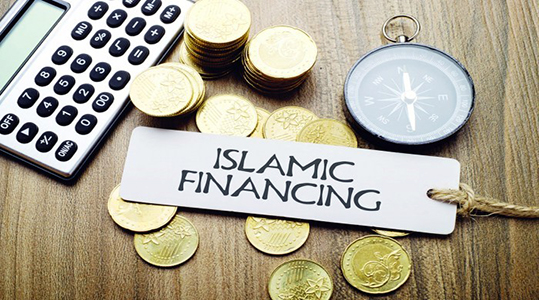A recent report showed the growth of Islamic finance assets to $3.78 trillion in the year 2022, indicating that Islamic finance began taking steady steps towards development and growth over the past decade, revealing that despite the repercussions of the new Coronavirus pandemic, indicators are good by comparing the performance of traditional banks.
The report showed that the mechanism of action of the Islamic finance sector, which in monetary terms is the largest sector in the Islamic economy, was for a long time not properly understood, and needs to implement policies that promote Islamic financial products and services. It also did not have adequate development opportunities compared to the traditional financing sector, although the sector continues to attract new clients from Muslims and non-Muslims alike, who are looking for more ethical ways to finance and support projects, and that governments encourage Islamic finance with the aim of enhancing financial inclusion.
The report also showed that a number of mergers and acquisitions took place in the most important axes of Islamic finance in the Gulf Cooperation Council countries and Pakistan, which contributed to supporting the emergence of global institutions. According to the report, Malaysia continues to occupy the lead in the sector, followed by the UAE, then the Kingdom of Bahrain, as these three countries have completely maintained the top three.
Source (Ad-Dustour Newspaper-Jordan, Edited)

